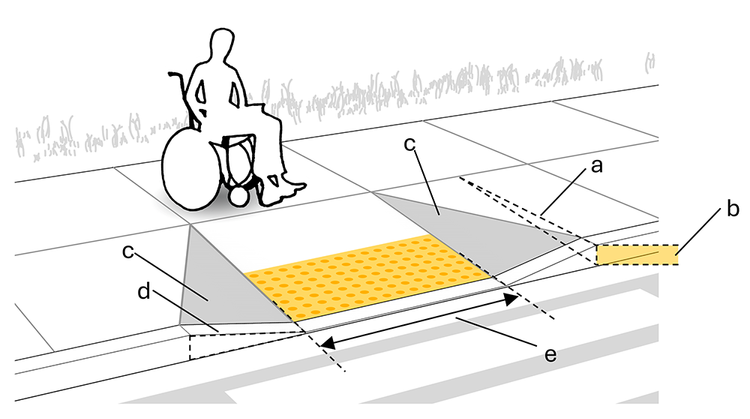Table of Contents
Economic empowerment is a critical pathway toward independence, dignity, and full participation in society for persons with disabilities. Yet, too often, the journey toward empowerment is fragmented—approached in isolated pockets focused separately on employment, housing, transportation, financial literacy, or other sectors. This piecemeal method not only undermines the potential for meaningful change but risks leaving people behind in gaps between services.
The Problem with Fragmentation
When we tackle economic empowerment one sector at a time, we fail to recognize the interconnected realities of daily life. Imagine a person with a disability who has found a meaningful job, only to struggle with inaccessible transportation that makes getting to work unpredictable or exhausting. Or consider someone who has developed strong financial literacy skills but cannot find affordable, accessible housing to stabilize their living situation. Each sector—employment, housing, transit, education, healthcare—is a vital piece of the puzzle, but none can stand alone.
This siloed approach can create a patchwork of programs and services that don’t speak to each other or address systemic barriers holistically. Individuals are forced to navigate complex systems with little coordination or continuity, often requiring advocacy and persistence that many cannot sustain.
Why Integration Matters
Economic empowerment is about more than income or job placement; it is about creating an ecosystem that supports autonomy, well-being, and opportunity. When sectors collaborate and integrate their efforts, we can design comprehensive solutions that reflect the lived experiences of persons with disabilities.
For example, combining employment initiatives with accessible transportation planning ensures that job opportunities are reachable. Integrating financial literacy with housing supports means people can leverage knowledge to secure and maintain stable homes. Embedding assistive technologies across these sectors can amplify independence, from accessible workplaces to adaptive transit options.
Economic empowerment for persons with disabilities is too important to be fragmented. It demands a bold, integrated approach that acknowledges the complex realities of life with a disability and removes barriers across sectors. By uniting efforts in employment, housing, transportation, education, and beyond, we can build a truly inclusive economy—one that offers opportunity, respect, and choice.
Want More?






